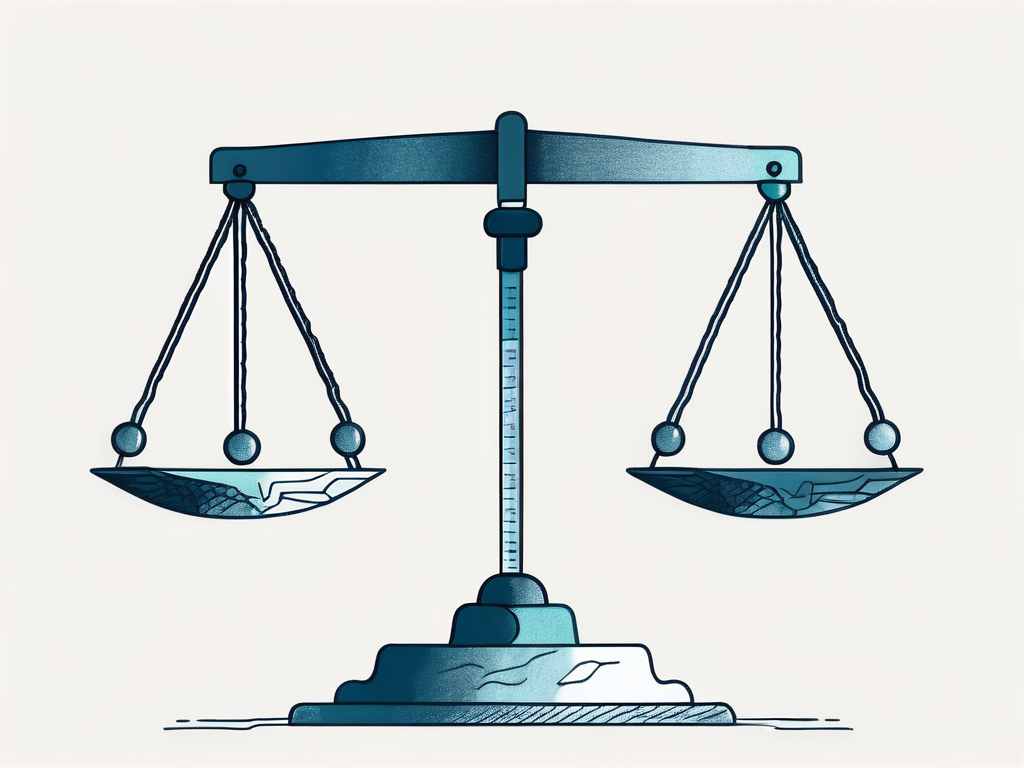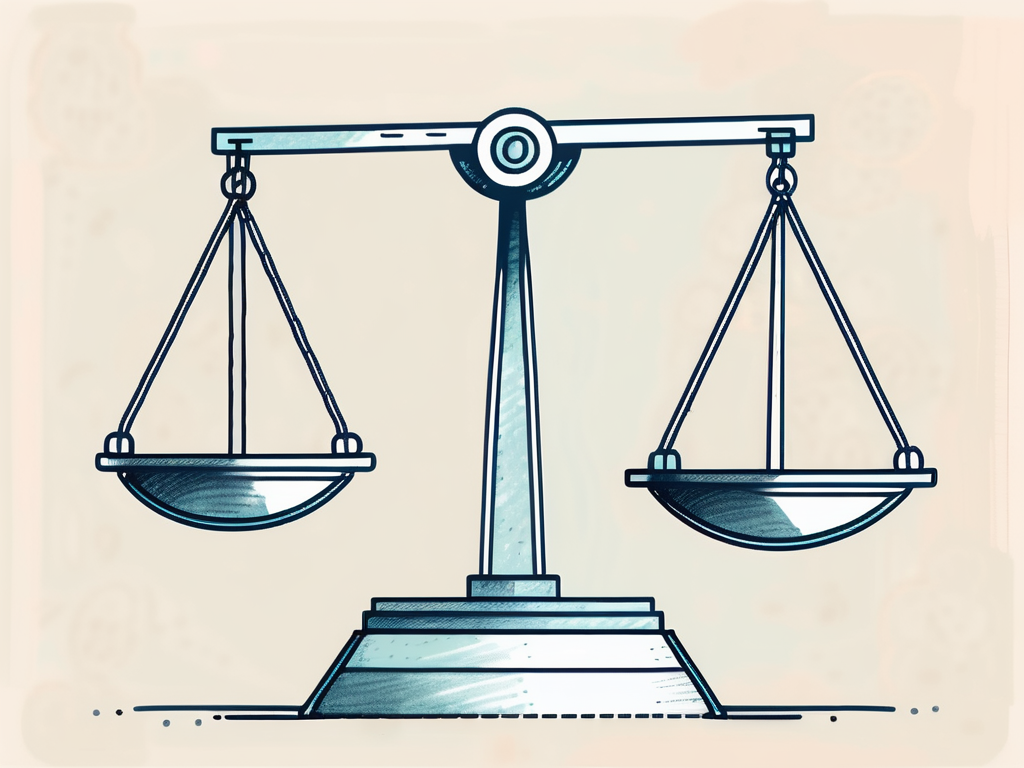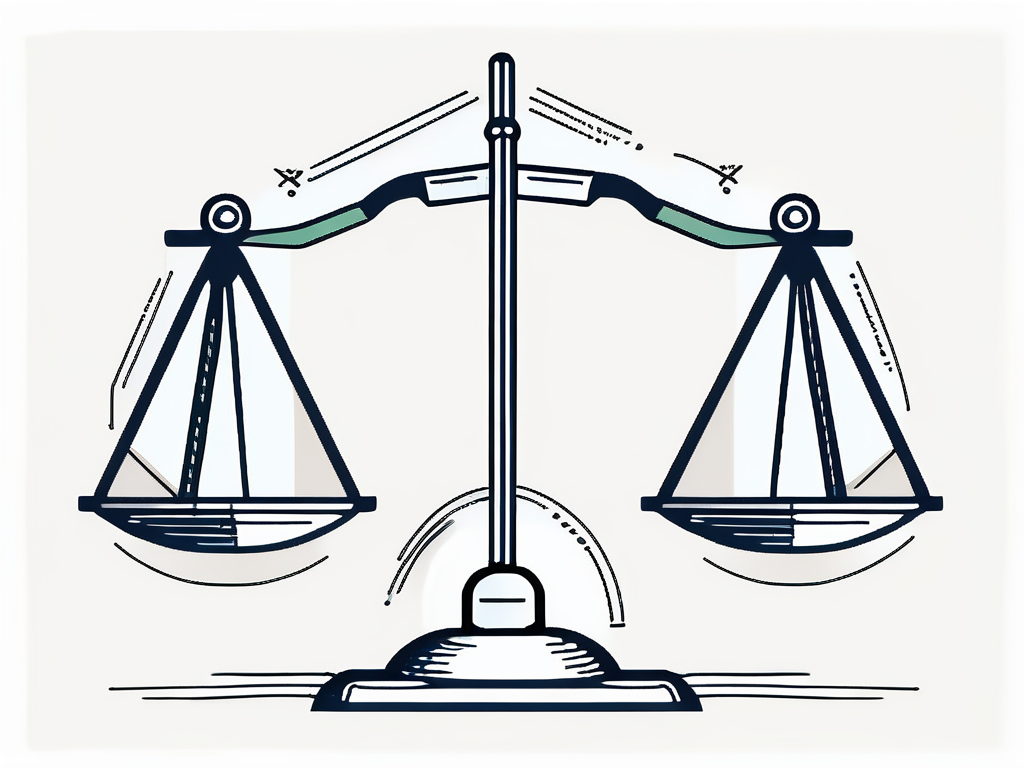Employment Practices Liability Insurance (EPLI) is a type of coverage that provides protection for businesses against claims made by employees or former employees. With the increasing awareness of workplace rights and legal obligations, EPLI has become a necessity for organizations of all sizes. Understanding the intricacies of this insurance coverage is crucial for businesses to safeguard themselves from potential financial risks.
Understanding Employment Practices Liability Insurance
Definition and Importance
EPLI is designed to protect businesses from various claims related to employment practices, including discrimination, wrongful termination, and harassment. It covers legal costs, including defense and settlement or judgment payments, up to the policy limits. This insurance is especially important in today’s litigious society, where employee lawsuits are becoming more prevalent.
Employment Practices Liability Insurance not only safeguards businesses from financial losses but also helps in maintaining a positive work environment. By having EPLI coverage, companies can demonstrate their commitment to fair employment practices and employee well-being. This can boost employee morale and loyalty, leading to increased productivity and a stronger company culture.
Key Features of Employment Practices Liability Insurance
EPLI policies typically provide coverage for a range of employment-related claims. These may include claims related to age, race, gender, disability, national origin, sexual orientation, and other protected characteristics. The coverage may extend to claims arising from an alleged breach of employment contracts, defamation, or invasion of privacy. Policies may also offer coverage for claims brought by third parties, such as clients or customers, against the business.
Moreover, some EPLI policies offer additional services beyond financial coverage. These services may include access to legal resources for employment law guidance, training programs to prevent workplace issues, and assistance in creating or reviewing company policies to ensure compliance with employment regulations. By utilizing these resources, businesses can proactively address potential risks and enhance their overall risk management strategies.
It is essential for businesses to understand the specific features and limitations of their EPLI policies, as coverage can vary depending on the insurance provider and the policy terms.
Types of Claims Covered Under EPLI
Discrimination Claims
Discrimination claims are among the most common types of claims covered by EPLI. These claims arise when an employee alleges that they have been treated unfairly based on a protected characteristic, such as age, race, gender, or disability. EPLI can help cover the legal costs associated with defending against these claims and any potential settlements or judgments.
It’s important to note that discrimination claims can be complex and emotionally charged, often leading to lengthy legal battles. Employers must navigate these claims carefully to protect both their employees’ rights and the reputation of their business. EPLI coverage not only provides financial assistance but also offers resources and support to help companies handle discrimination claims effectively and sensitively.
Wrongful Termination Claims
Wrongful termination claims occur when an employee alleges that they were unjustly fired. These claims may arise from various factors, such as alleged discrimination, retaliation, or a breach of employment contract. EPLI coverage can provide financial protection to businesses facing wrongful termination claims.
When faced with wrongful termination claims, employers must be able to demonstrate that the termination was lawful and justified. EPLI coverage can help mitigate the costs of legal representation and potential damages that may arise from such claims. By having EPLI in place, businesses can safeguard themselves against the financial risks associated with wrongful termination allegations.
Harassment Claims
Harassment claims involve allegations of harassment, whether it is based on a protected characteristic or creates a hostile work environment. EPLI coverage can help businesses address the legal and financial implications of harassment claims.
Harassment claims can have a significant impact on workplace morale and productivity, making it essential for employers to address them promptly and effectively. EPLI coverage not only assists in covering the costs of litigation but also provides access to experts who can offer guidance on preventing harassment in the workplace. By investing in EPLI, businesses can proactively protect their employees and company culture from the damaging effects of harassment claims.
The Cost of Employment Practices Liability Insurance
Employment Practices Liability Insurance (EPLI) is a crucial coverage for businesses to protect themselves against claims of discrimination, harassment, wrongful termination, and other employment-related issues. The cost of EPLI can vary based on several factors, making it essential for businesses to understand what influences these costs.

Factors Influencing the Cost
Insurance providers take into account various factors when determining the premium for EPLI coverage. The size of the business plays a significant role, as larger companies with more employees may face higher premiums due to the increased risk of potential claims. The industry type is also a crucial factor, as certain sectors may have higher exposure to employment-related risks. Claims history is another key consideration, with businesses that have a track record of employment-related claims likely to pay more for coverage. Additionally, risk management practices, such as having clear policies and procedures in place, can impact the cost of EPLI.
Ways to Reduce EPLI Costs
Businesses can take proactive steps to reduce their EPLI costs while still maintaining comprehensive coverage. Implementing effective risk management strategies is key, which can include promoting a culture of fairness and respect in the workplace. Providing regular training on employment laws and best practices can help employees understand their rights and responsibilities, ultimately reducing the likelihood of claims. It is also essential for businesses to promptly address any employee complaints or concerns to prevent potential issues from escalating. Working closely with an experienced insurance broker who specializes in EPLI can further assist businesses in finding the most cost-effective coverage that meets their specific needs.
How to Choose the Right EPLI Policy
Assessing Your Business Needs
Before selecting an EPLI policy, it is essential to assess your business’s specific needs and risks. Consider the size of your organization, the nature of your industry, and any potential exposure to employment-related claims. This analysis will help you determine the appropriate coverage limits and policy features required to adequately protect your business.

Furthermore, when assessing your business needs, it’s crucial to take into account any recent changes in employment laws or regulations that may impact your risk exposure. Staying informed about legal developments can help you tailor your EPLI policy to address emerging liabilities effectively. Consulting with legal and insurance professionals can provide valuable insights into the evolving landscape of employment practices liability.
Comparing Different Insurance Providers
It is advisable to obtain quotes and compare the offerings of multiple insurance providers. Look for insurers with experience in handling EPLI claims and a reputation for prompt and fair claim settlements. Additionally, consider the breadth of coverage offered and any exclusions or limitations in the policy terms.
When comparing insurance providers, delve deeper into their customer service reputation and financial stability. A reliable insurer should not only offer comprehensive coverage but also provide excellent support in the event of a claim. Researching customer reviews and ratings can give you valuable insights into the level of satisfaction policyholders have experienced with a particular provider. Moreover, examining an insurer’s financial strength ratings from independent agencies can give you confidence in their ability to fulfill their obligations in case of a claim.
Claims Process in Employment Practices Liability Insurance
Reporting a Claim
If an employee or former employee makes a claim against your business, it is crucial to promptly report the claim to your insurance provider. Typically, EPLI policies have specific requirements and timelines for reporting claims. Failure to report a claim within the specified timeframe could result in a denial of coverage.

When reporting a claim, it is important to provide detailed information about the incident, including the date, time, and location of the alleged incident, as well as the names of any individuals involved. This information helps the insurance company assess the validity of the claim and determine the appropriate course of action.
Investigation and Settlement Process
Once a claim is reported, the insurance company will begin its investigation. This may involve gathering relevant documentation, such as employment records, performance evaluations, and any other evidence related to the claim. The insurance company may also interview witnesses, including the claimant and any individuals who may have witnessed the alleged incident.
During the investigation, it is crucial for the insured business to cooperate fully with the insurance company. This includes providing any requested documents or information in a timely manner. Open and transparent communication between the insured and the insurance provider is key to ensuring a smooth and efficient claims process.
If the claim is found to have merit, the insurance company and the policyholder will work together to determine the best course of action. This could involve negotiating a settlement with the claimant or, if necessary, defending the claim in court. The insurance company will provide legal representation and cover the costs associated with defending the claim, up to the policy limits.
Throughout the claims process, it is essential for the insured business to maintain open communication with the insurance provider and provide any relevant information requested. Collaboration between the insured and the insurance company can lead to a smoother resolution of the claim.
Expanding on the claims process, it is important to note that each claim is unique and may require different steps and considerations. The insurance company will assess the specific circumstances of the claim and tailor their approach accordingly. This personalized approach ensures that the insured receives the appropriate support and guidance throughout the process.
In conclusion, Employment Practices Liability Insurance (EPLI) provides crucial protection for businesses facing employment-related claims. Understanding the fundamentals of EPLI, the types of claims it covers, and the factors influencing its cost is essential for businesses seeking financial protection from potential legal liabilities. By assessing their business needs, comparing insurance providers, and following the claims process, businesses can choose the right EPLI policy and navigate potential employment-related risks confidently.
